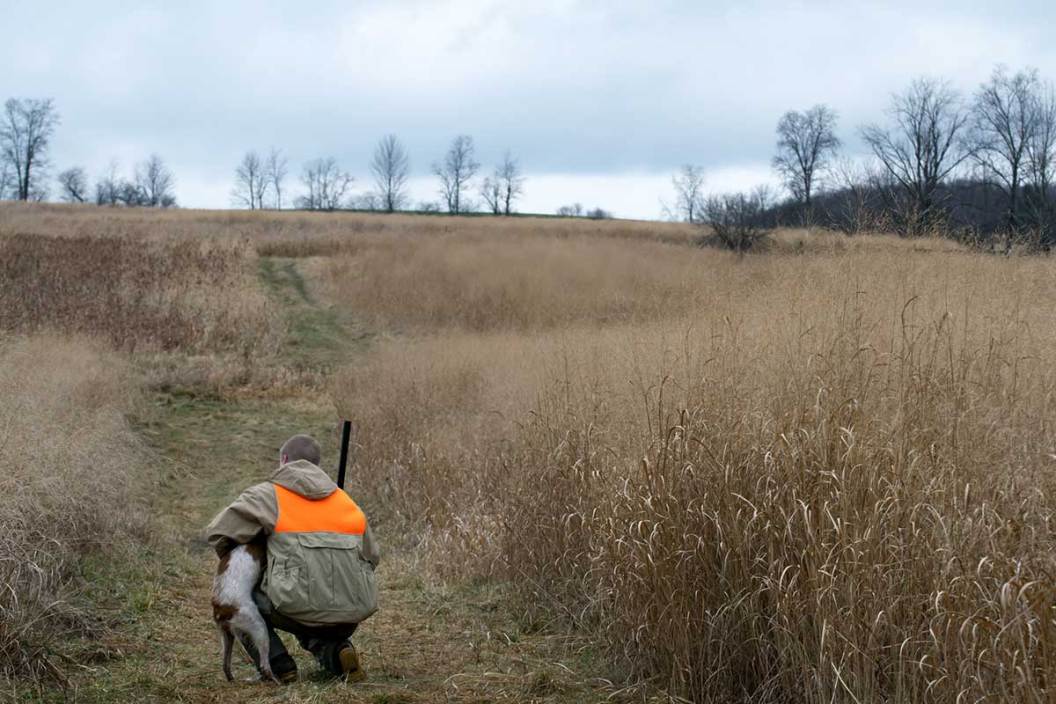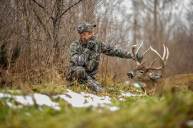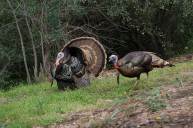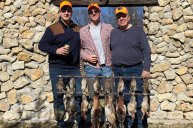Nobody wants to hear that their upland bird hunt is going to be the pits before they even start, but sometimes the writing is on the wall. You can prepare all you want, but the bird hunting you were looking forward to might not always pan out as you hoped. That's a bleak outlook for something that hasn't even happened yet, but if you knew ahead of time that your trip afield was going to go south, you might be able to save some time, gas, and maybe a little pride. For those planning to do some upland bird shooting, taking your gun for a walk is probably not what you had in mind. But there are takeaways and learnings from such occasions. You can scope out the landscape, cover ground, and speculate as to why you aren't finding or hitting birds. If you want to get your gun dog some running time, then by all means head out. The fact is you can be completely prepared and excited, then things beyond your control put a damper on your upland bird hunting day. It's times like these when you may have wished you'd slept in and stayed home.
1. Crowded Conditions

addman8/Getty
Finding a lot of cars parked near the access point of your hunting area is an early sign that things could be, well, better. If you know you will have company at least you can plan for it. When you show up to unexpectedly find three different hunting parties piling out of their pickups with dogs in tow, you're going to wish you had stayed in bed. This doesn't mean your hunt will instantly be bad, but upland bird hunting and crowds don't go together all that well. Everyone would prefer to have an entire area to themselves, but it isn't always going to work out that way. That leads us to our next indicator of a potentially-bad upland hunt.
2. Scheduled Bird Release
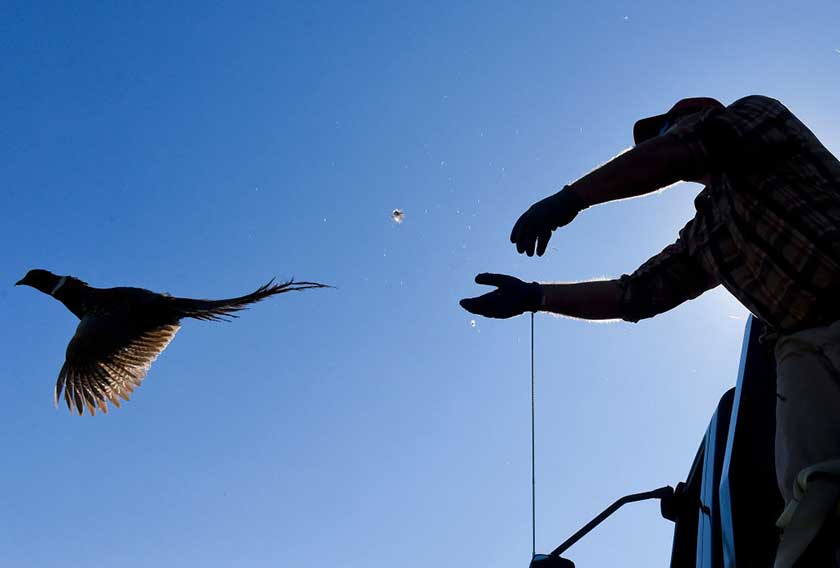
Ben Hasty/MediaNews Group/Reading Eagle via Getty Images
In some areas, state wildlife officials have set the dates and locations for their game bird releases well ahead of time. While you might think this would be a good thing, it's hard to avoid crowds when everybody and their brother has gotten wind of the dates and will be there waiting. It's like a trout or bass stocking: with them come crowds. If you get there after first light, expect some hunting company. The only saving grace is there is a bag limit on all game birds, and most hunters should be limited out early in the day. But that also depends on their shooting prowess, and their willingness to leave the field when they are done.
3. Barometric Pressure
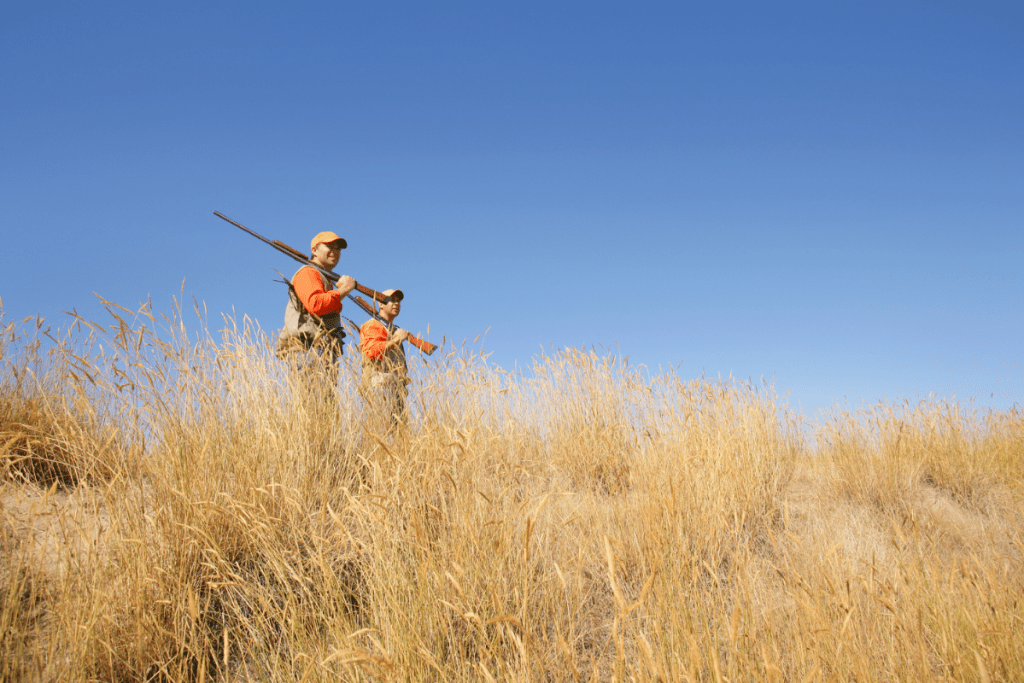
Game birds are extra sensitive to changes in the atmospheric pressure, temperature, and wind and know instinctively to take shelter if there is a significant change. High pressure will cause birds to struggle gaining altitude when flushed, and where there is low pressure, birds that prefer to glide will find it easier to gain altitude because of the lack of downward pressure. Generally speaking, when the barometric pressure drops, they fly as close to the ground as possible, keeping their scent closer to the ground, too. High pressure, blue-bird days are great for the hunter who wants to get his daily dose of vitamin D, but are not as conducive to bird hunting.
4. Lottery Draw
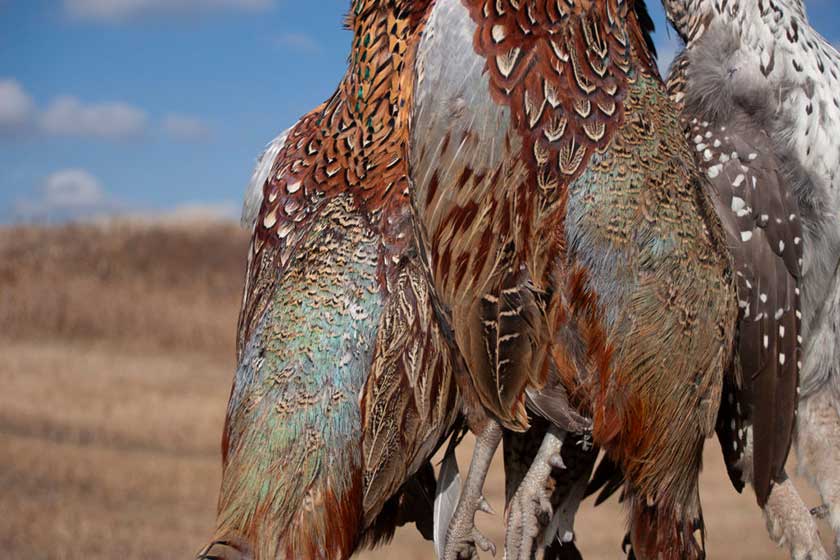
Mike Kemp/In Pictures via Getty Images Images
Participating in a lottery draw is similar to the bird release; there will be a specified site on a specified day where potentially good hunting will occur. The trouble happens when other hunters stage up to take full advantage of it—even though they don't have a tag. I ran into this experience before. In my situation, we had acquired the tags, checked in with the wildlife officers at the site, and then went to the parking, only to find multiple vehicles waiting. After talking to them, we realized they intended on hunting the same spot at the same time. Only tag holders were allowed to hunt on that day, but there was no actual enforcement, and we had to share the land to avoid any conflict. It wasn't our responsibility to make them leave, and it just left a bad taste in our mouths. Needless to say, we didn't shoot any birds that day.
5. Wind

Wind can work for or against you. Hunting dogs have the best chance to catch bird scent when running into the wind as long as the conditions align, but there can be issues. If you're going into the field and the wind is really gusting, chances are the scent will be all over the place and difficult to pick up for your gun dog. On the contrary, no wind can make a solid hunting dog less effective. Deciding to upland hunt in high winds is like fly fishing in high winds: it may end up being more trouble than it's worth.
6. Deer Show Up

This is mostly a turkey hunting scenario, but when you set up in your favorite spot and the deer show up, you might as well kiss your chances goodbye. Since few of us take the time in the spring to reduce our scent, this is like when a skunk walks into the backyard. Deer will catch your scent and start to stomp, blow, and basically act completely paranoid, which usually spooks every wild turkey in the woods. Deer can also mess up a pheasant or quail hunt if they're alerted to the hunter's presence and bolt, providing another warning to the birds that something's amiss.
7. Unexpected Rain
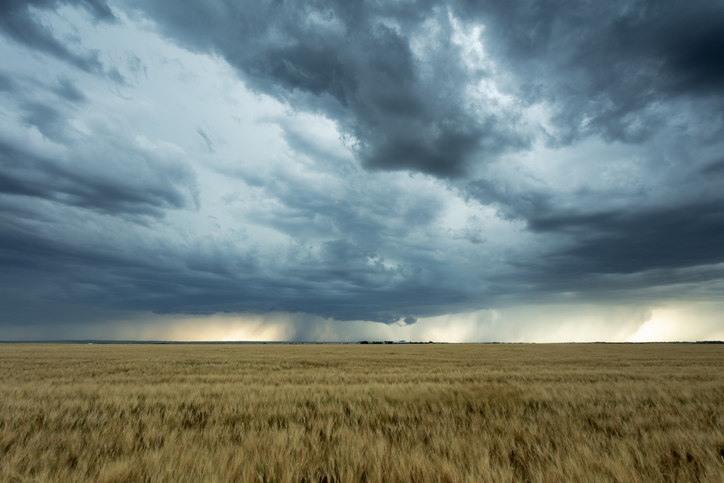
It's not like you can't look at the weather report before you leave home, on your way to your hunting spot, and even after your arrival (smart phones sure are smart, huh?), but it can still be wrong at times. Autumn rains have a way of popping up when we least expect them, and if we're not ready for it to happen, we will have a poor upland bird hunt. It's bad enough that it happens when we're not prepared, but if you've ever tried to go pheasant hunting in a raincoat, you're probably hunting the wrong bird.
Please check out my book "The Hunter's Way" from HarperCollins. Be sure to follow my webpage, or on Facebook and YouTube.
